I came out as bisexual in my 40s, and I had to learn how to grant myself permission to embrace my fluidity and attraction to people across the gender spectrum.
I originally came out as a lesbian in my 30s after realizing I identified with the queer community. It was another 15 years before I met my current partner and truly recognized my fluidity. Part of this process involved overcoming the fear of being misjudged as heterosexual because of the appearance of my relationship.
Related:
We have made unthinkable progress in the fight against HIV/AIDS. Where do we go from here?
AIDS was once the number one cause of death for men 25-44. While the illness is no longer a death sentence, there’s still a lot of work to do.
Fortunately, we’re seeing progress as many are freeing themselves from heteronormative boxes to identify as bisexual and live more fulfilling lives. Today, 57% of LGBTQ+ Americans identify as bisexual, per a new Gallup report. But despite representing the majority of the queer community, we are often excluded from LGBTQ+ circles while simultaneously feeling out of place in heteronormative society. In short, we feel invisible.
Dive deeper every day
Join our newsletter for thought-provoking commentary that goes beyond the surface of LGBTQ+ issues
This feeling of invisibility is evident in a study from the National Library of Medicine, which revealed that members of the Bi+ community are more likely to stay closeted. As a result, they face a greater risk for mental health issues compared to their gay and lesbian peers.
This risk is even greater for Bi+ elders.
A lifetime in the closet
The topic of bisexuality has rarely been discussed during my 30 years as a sexuality educator – even within my field of queer studies. Historically, the voices of Bi+ individuals have been widely overlooked in LGBTQ+ spaces and advocacy efforts. This lack of visibility has limited the awareness that one can identify as something beyond lesbian, gay, or straight.
While younger generations are growing up with bisexual role models and a broader acceptance of sexual fluidity, bisexual elders have less representation. Gallup’s report found that more than 68% of LGBTQ+ Gen Zers identify as bisexual compared to 26% of LGBTQ+ Baby Boomers.
And according to a Movement Advancement Project report, bisexual elders are much less likely to be out than their younger counterparts. Only 18% of bisexual respondents aged 45 and older said that the most important people in their lives knew they were bisexual, compared to 32% of respondents under 45.
Research also shows that bisexual older adults face unique challenges compared to their gay and lesbian peers. By not being “out” about their sexual orientation, many feel socially isolated, leading to poorer mental and physical health, elder abuse, and other negative outcomes.
While there are many reasons for bisexual elders to remain closeted, one of the biggest reasons is the fact that many grew up learning misconceptions about bisexual individuals. Bisexuals face not only discrimination in the heterosexist and homophobic culture but also resistance from the rest of the queer community, as some people feel bisexuals are “sitting on the fence.” Bi+ elders need to feel included and validated within the LGBTQ+ community, regardless of what their relationships look like.
Fostering inclusivity
Navigating biphobia and bisexual erasure can feel stressful and isolating, especially for elders who may already experience feelings of invisibility and isolation due to their age. It takes energy to mask your authentic self, but vulnerability can also be exhausting. Feeling excluded from both LGBTQ+ and heteronormative spaces can have an emotional, spiritual, and physical impact on Bi+ elders, and it often leads to them shrinking themselves and their networks.
Thankfully, we’re making progress. SAGE, the world’s largest and oldest organization dedicated to improving the lives of LGBTQ+ elders, is dedicated to improving life for those in the Bi+ community. Resources like the SAGE x HearMe app address the pressing need to create space for the Bi+ elder community by providing inclusive, safe spaces to share feelings and experiences with allied listeners. Continuing to expand access to targeted mental health support services is crucial to address the specific needs of the Bi+ community.
To support inclusivity in retirement and long-term care communities, SAGECare has intentionally integrated more bisexuality topics into training programs to help providers better understand the unique needs of Bi+ elders. This includes training staff on using bi-inclusive language, planning bi-inclusive programming, and respecting diverse life narratives. In addition, our National LGBTQ+ Housing Initiative works tirelessly to ensure elders can age with dignity as their authentic selves.
Aging with dignity
As trends evolve, the LGBTQ+ community must be responsive and ensure space for all voices at the table. Advocates, care providers, and other allies need to resist common misconceptions about bisexuality, find opportunities to advocate for fluidity in sexuality, and embrace current initiatives to validate the experiences of Bi+ elders.
I’m always inspired to see people bravely stepping out of boxes and embracing their whole selves. As we work to build a more inclusive society, we need to trust that people know who they are.
When we move past binaries and allow space for individuals to explore and express themselves freely, we uplift each other. Acknowledging the fluidity of attraction will enable people to discover and embrace their authentic selves, paving the way for all of us to realize our full potential.
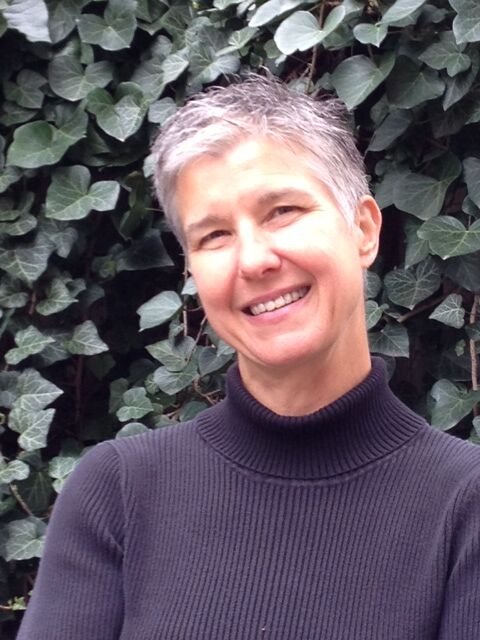
Terri Clark is a certified trainer with SAGE, the world’s largest and oldest organization dedicated to improving the lives of LGBTQ+ elders. She is an accomplished public health advocate, program planner, trainer, and facilitator with over 30 years of experience. Her areas of focus include human sexuality, with a specialty in LGBTQ+ issues, HIV prevention, sexual health, and older adult sexual expression. She is an advisory board member of the Philadelphia Corporation for Aging’s Health and Wellness Committee and serves on the aging workgroup of the Governor’s Commission on LGBT Affairs.


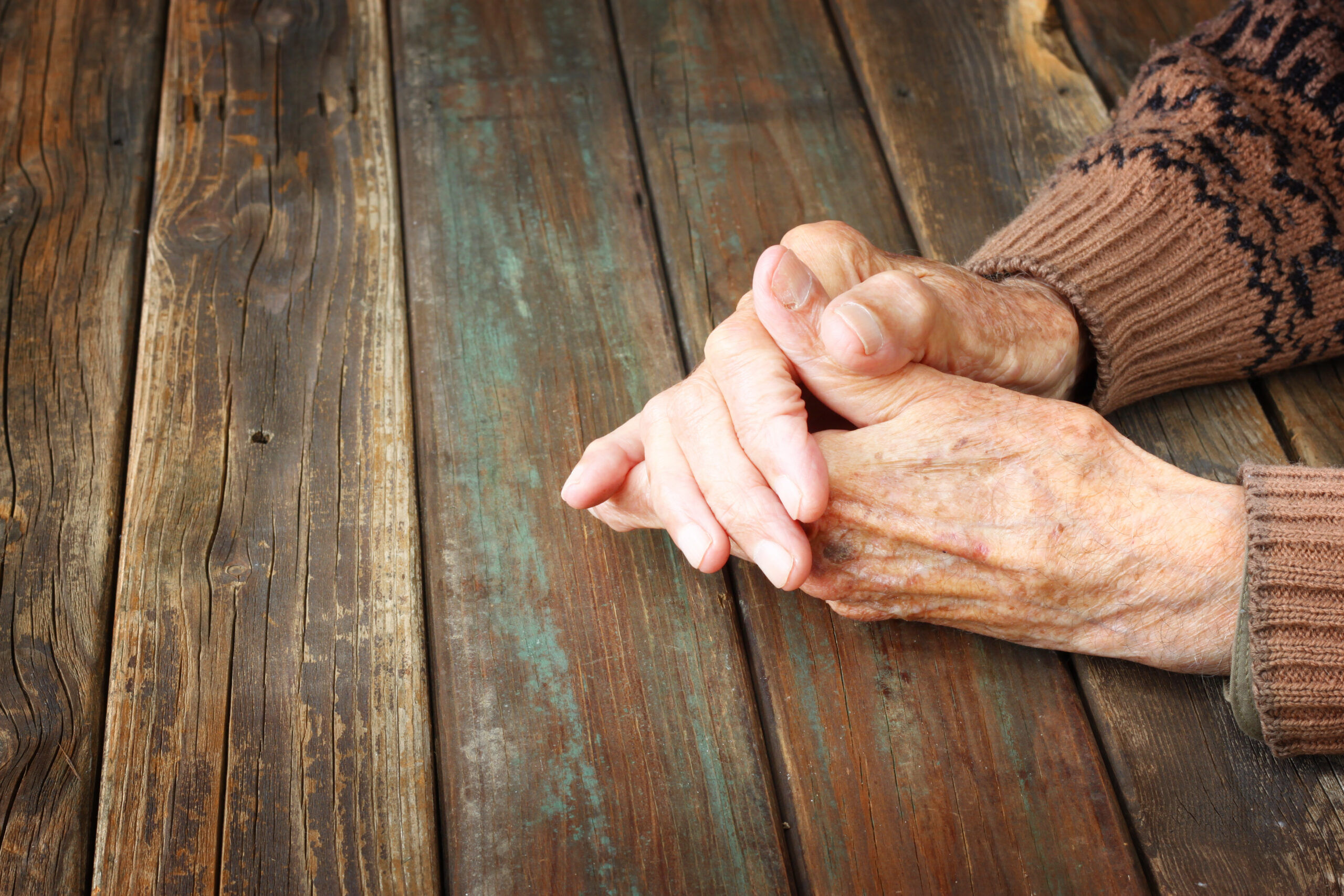





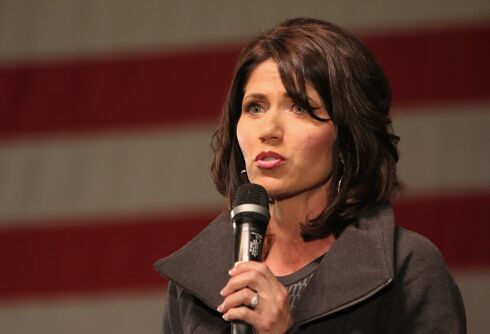
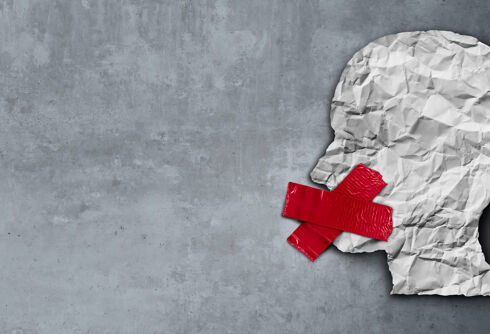
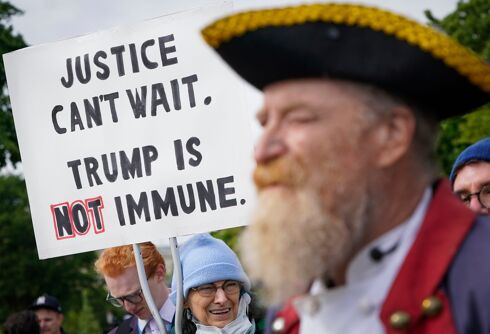





The queer community has long struggled with bisexual inclusivity. It’s even worse for bi elders.